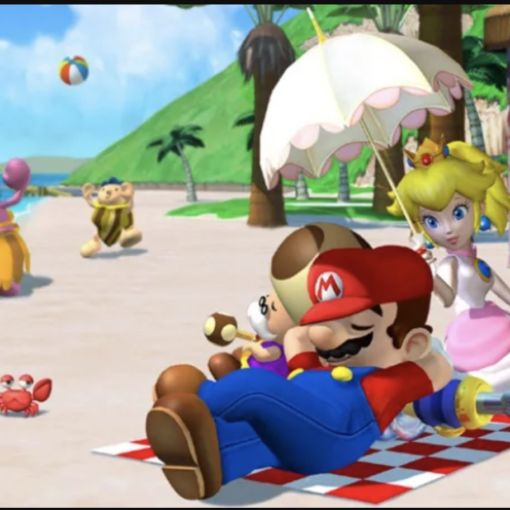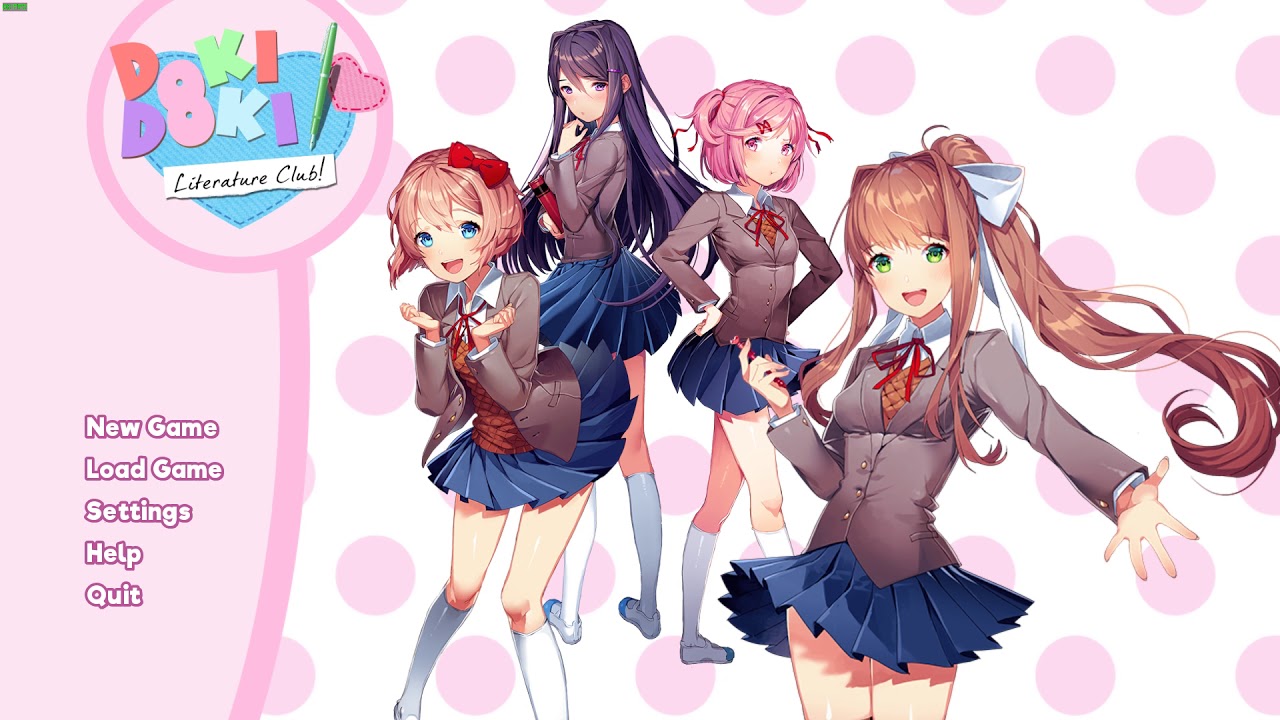Bianca: In light of the election, the two of us have found ourselves returning to the conversations we have had on building feminist coalitions–that is, we have found ourselves reflecting on both the consistent, perpetual need for such work and the challenges that result from embarking on such work. Previously, our discussions about feminist coalitions centered on the ways such structures might occur within feminist games studies, specifically. Our conversations have centered on the ways feminist methods and frameworks can be applied to the study of games, the importance of feminist study, praxis, and activism for the realm of games studies, the need for feminist solidarity and coalition-building as a framework for disrupting hegemonic modes of inquiry within the field of games studies.
But lately, Alisha and I have been extending our discussion of these topics–these ideas of feminist methods, coalition, disruption–in broader ways. What do these things mean to us today? What do they mean to us now? What does feminist solidarity look like? What does it do? What can it do? How do we disrupt? How do we enact change? Where do we stand?
Alisha: When we talk about expanding that work, we’re looking at it from a variety of angles. For instance, I currently teach in a specialized program linking classes in the humanities with design thinking classes. The students are all in STEM or STEM adjacent majors, and our purpose is to help support and expand the ways the disciplines work together. This work appeals to me because it’s already reflective of so much of what I do. Bianca and I are in different areas under what’s commonly assigned to English departments, for instance; we utilize different modes of exploration and inquiry. Our fellow NYMG contributor Kishonna is in an entirely different field; so is Jynx. But we come together here to see how our work aligns, to work together toward common goals.
My classrooms, too, are collaborative; I work with my students, guiding and assisting more than directly. My pedagogy is feminist, always, though I doubt most of my students would recognize that. It’s a good thing, too, perhaps, since feminism has become such a dirty word. Maybe particularly because of the election.
So many have framed Trump’s victory as a victory over “SJWs.” As a moment denouncing feminism and “political correctness.” But we pull together more. We tighten up and grow more focused, in academia, in politics, in our personal lives, because together, we are strong. Because coalitions offer a way forward.
Bianca: Right–coalitions offer a way forward, through collaboration. And I think what is important to note is that, yes, we might be pulling together more in these moments, but this is not to say that coalition-building should begin in these moments. This is not to say that coalitions are temporary modes of collaboration that come into being only when we need them. It is, instead, something that needs to be sustained, consistent, persistent, lasting.
But this is also what makes things so challenging–this need to sustain and persist in order for coalitions to be effective and worthwhile.
Alisha: We need coalitions because we always need that way forward. A way out of stagnation and comfort. But right now, even as we form new lines of coalition and communication, we’re also fighting against hopelessness. The challenges of the moment feel so enormous. Where do we even start? Hundreds of hate crimes. Plans for a Muslim registry. Terror in the eyes of our students. Fear for our friends, our families. Some say wait, see what’ll happen, but we’re already seeing what happens. It’s already happening. This moment offers the opposite of what we celebrated eight years ago. We championed hope. Now we’ve lost it. It’s difficult to see the way out of that, even when we are surrounded by people with the same goals.
Bianca: I’ve been wondering lately if coalitions, as the way out of that, are even about hope in the first place. Is that the motivation? Is that the point? Is it about hope? Or is it about something else? Is it something else, or maybe in addition, that sustains it?
Alisha: There is a certain inherent hopefulness in a group of people working together. Or can be.
Bianca: But maybe it’s not just that there is hope in that. But there is something else–because it’s not just that a group of people working together is an inherently hopeful thing. It matters what they are working toward. What is the work for? What about it makes it hopeful?
And I think it comes back, at least in part, to what I’ve said before about the idea of survival. Survival is the foundation from which feminist coalitions grow, from which the work grows. And not just the survival of the few. But the survival of the many. And not just that, either–for it’s also about the survival of hope.
Alisha: That’s the role of coalition right now. We can’t do everything. We can’t fix all the problems. But we can band together and portion out the work. We can lean on one another. We can survive. Charlotte talked about this too, recently, about the need for hope and how we go forward. About our path through community. And it may sound silly right now, with so much that is happening that needs immediate attention, but we need to think about how we continue to balance that very immediate work with the kind of work we do here. Video games don’t carry the same weight as a Muslim registry–they aren’t even on the same plane–but the status quo in video games, in the media, in popular culture has helped build and reinforce the situation that led to this moment. Video games won’t save the world, but they help normalize the best and worst of it. The discussions that come out of that, too, play their own part. Others have been drawing connections from certain elements of GamerGate to the embrace of alt-right icons to this political moment and those are hard to ignore.
Bianca: The connections are very hard to ignore. And that’s why it’s important to continue doing the work we do here, to critique the connections we see, to sustain our modes of praxis. And I think that Alisha is correct in also noting that, when engaging in this work, we can’t fix everything all at once; but I think it’s also important for us to periodically reflect on our processes, to take stock in our efforts, to ask ourselves–what more can I be doing? How else can I be doing it? Because it is through such reflection that we can revise and regroup, it is through conversations like these that we can work to remind ourselves how to move forward, how to build, how to survive.




